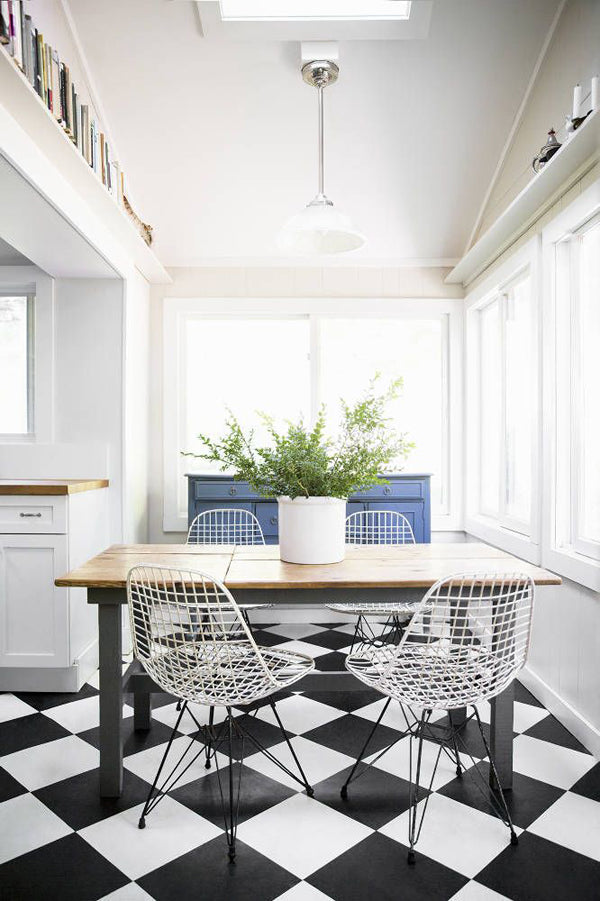Why You Need to Avoid Using Toxic Chemicals in Your Home
Our homes should be safe havens, but many common household products can introduce harmful chemicals into the air, posing serious risks to our children and pets. From cleaning supplies to non-stick cookware, these toxins can have long-lasting effects on our health.
The Hidden Dangers
Household products often release volatile organic compounds (VOCs), which can cause eye, nose, and throat irritation, headaches, and even long-term damage to the liver and central nervous system. Some VOCs are known to cause cancer. According to the CDC, frequent exposure to these chemicals in enclosed spaces can significantly impact health, particularly in vulnerable populations like children and pets.
Why It Matters
Children and pets are especially vulnerable to these chemicals. Kids play close to the floor where dust and chemicals settle, and they frequently put their hands and toys in their mouths. Pets, too, are exposed through grooming and spending time on treated surfaces.
Easy, Effective Swaps for a Healthier Home
- Ditch Teflon: Replace non-stick cookware with stainless steel or cast iron to avoid harmful chemicals released at high temperatures.
- Go Natural with Cleaning Products: Opt for plant-based cleaners that don’t contain VOCs or other harmful substances.
- Choose Zero-VOC Paints: These are safer to use and reduce indoor air pollution.
- Use Essential Oils: Swap chemical air fresheners for natural alternatives like essential oils to keep your home smelling fresh.
Practical Changes to Reduce VOCs
- Buy mattresses, rugs, and furniture that haven’t been treated with flame retardant chemicals.
- Avoid using varnish or vinyl flooring. If you must use some of these items, know that they might off-gas for many months. One day of airing out isn’t enough.
- Consider an electric induction stove. It reduces VOCs significantly and uses less overall energy than gas.
- Switch to natural cosmetics and hair products. This reduces VOCs and prevents absorbing toxins through your skin.
Back in 1984, NASA suggested that houseplants could absorb airborne compounds, but newer studies cast doubt on that. There’s no quick fix to reducing our chemical exposure. Making small changes to live more sustainably is our best option right now. That said, you should still get the houseplant!
For more tips on creating a healthier home environment, check out the Environmental Working Group's clean air tip sheet.
By making these conscious choices, you’re not just protecting your health but also contributing to a more sustainable environment. Your family deserves a home that's as safe as it is comfortable.

